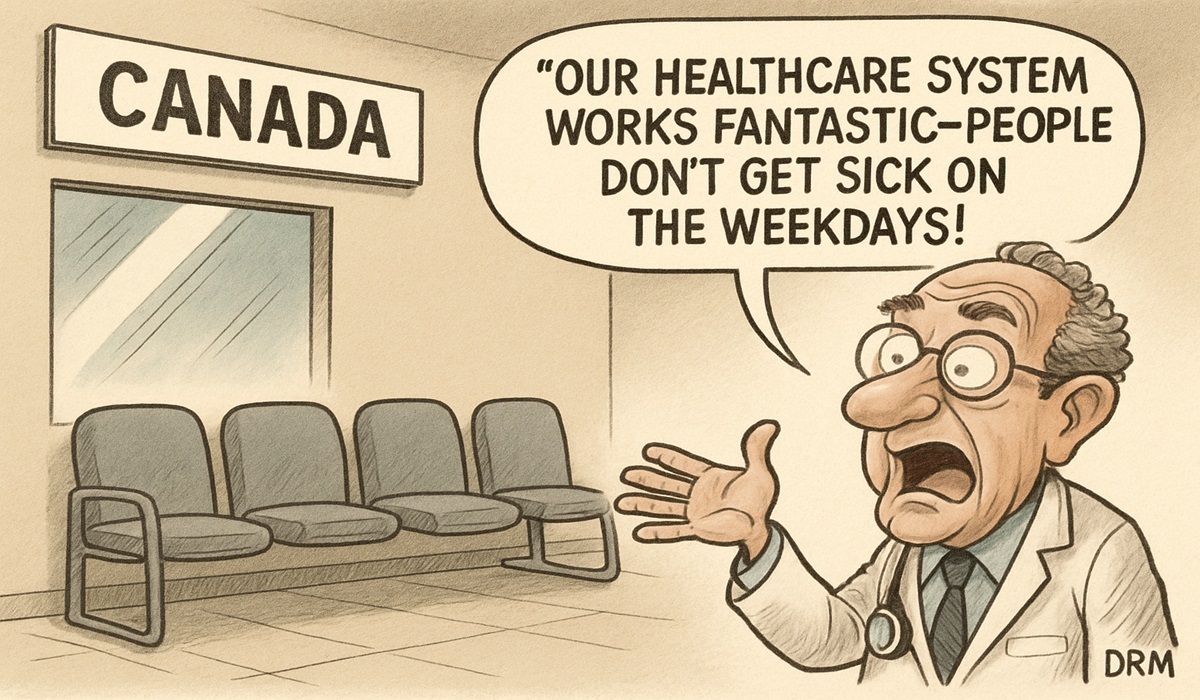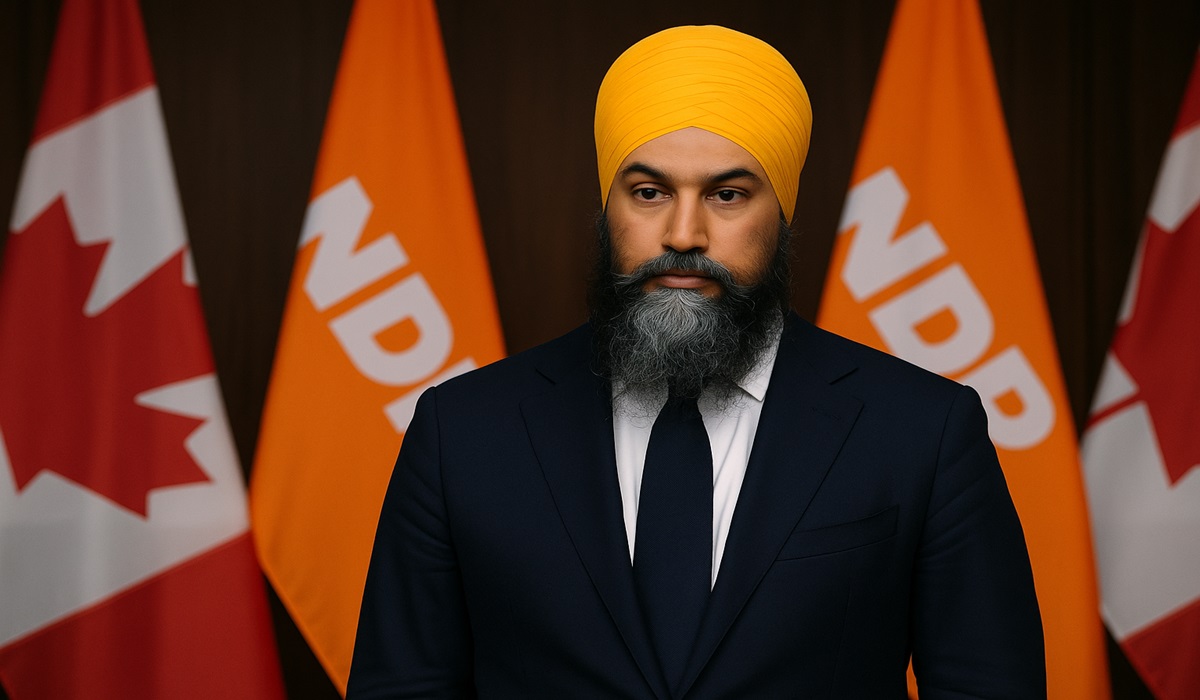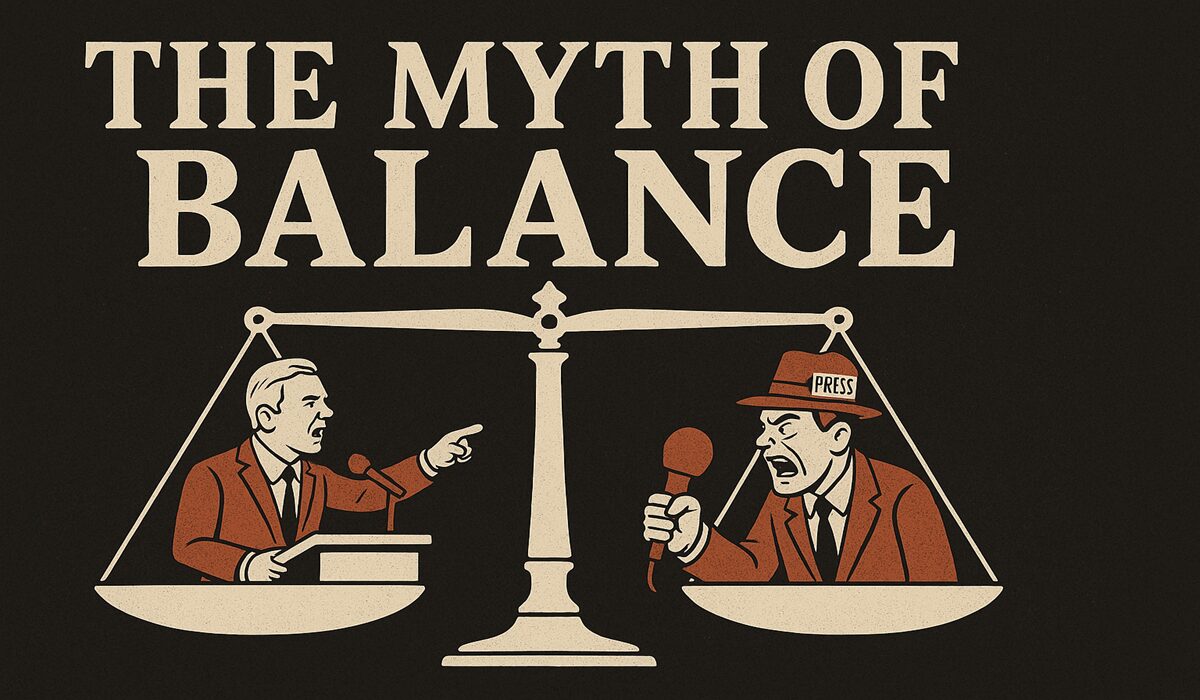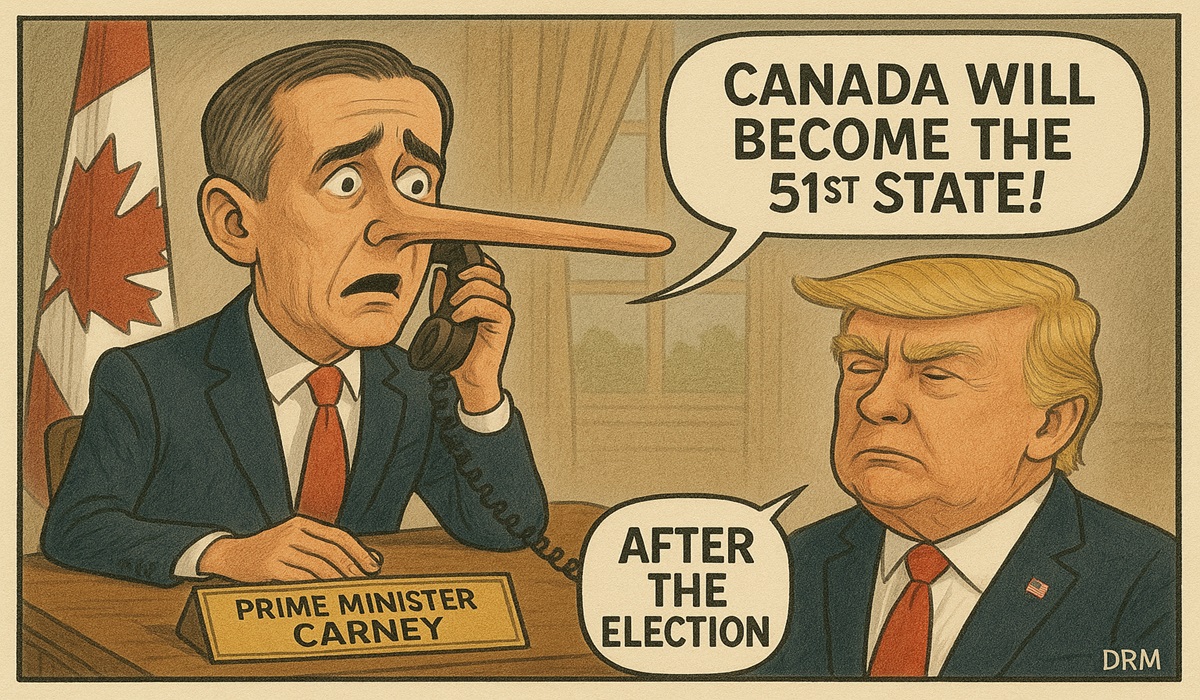The Ire and Appeal of Political Tropes
- Ingrid Jones
- D.O.C Supplements - Trending News
- Elections
- September 18, 2023
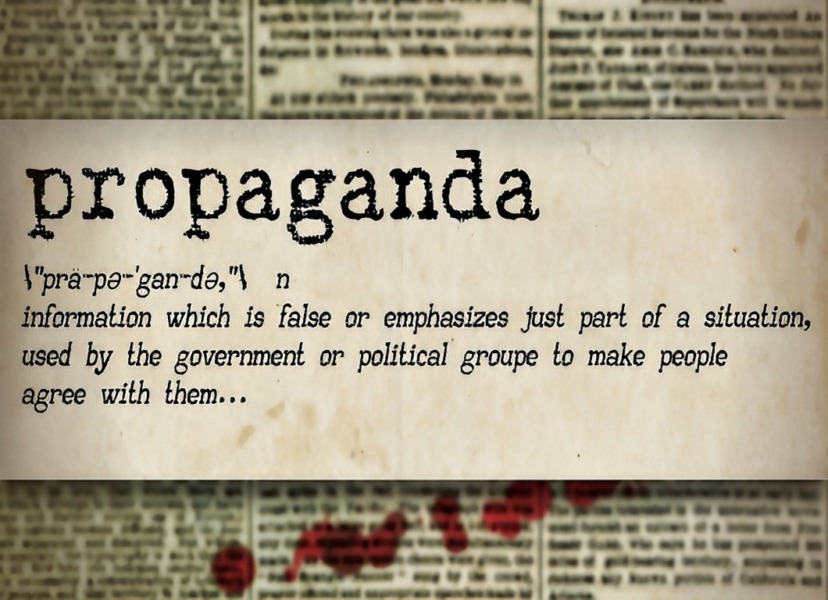
Political tropes, often used in political campaigns, are a complex web of messaging strategies and emotional triggers that have evolved over centuries. Their origins can be traced back to ancient civilizations, where leaders sought effective ways to persuade and mobilize their constituents.
Ancient Greek and Roman philosophers and orators like Aristotle and Cicero developed persuasive techniques, including emotional appeals, to sway public opinion. These early practices laid the foundation for the tropes we see in modern politics. They are recurring themes or narratives politicians use to connect with voters. They often employ emotional triggers and messaging strategies to create resonance and impact. Some common political tropes include:
The Underdog Story: Politicians present themselves as underdogs, appealing to voters’ sense of empathy and justice. This trope often revolves around personal struggles and overcoming adversity.
Fearmongering: Politicians use fear to rally support. This can involve highlighting perceived threats to national security, economic stability, or traditional values.
Populism: Leaders position themselves as champions of the people against a corrupt or out-of-touch elite. They tap into the frustration and anger of marginalized groups.
Hope and Change: This trope focuses on optimism and promises of positive transformation. It is used to inspire hope and motivate voters.
Character Assassination: Attack ads and character smearing are tropes that aim to damage the reputation of political opponents. They appeal to skepticism and distrust.
Political tropes are carefully designed to evoke specific emotions in voters. These emotions include fear, anger, hope, empathy, and nostalgia. The choice of emotion often depends on the desired outcome of the message. Fear galvanizes support against a perceived threat, while hope inspires trust and optimism.
The use of political tropes is a topic of debate. Proponents argue that they are essential tools for engaging voters and conveying complex ideas in a relatable manner. On the other hand, critics raise concerns about their potential to manipulate and deceive. Tropes can oversimplify complex issues and create a polarized political climate.
Whether political tropes should be abolished is subjective and depends on one’s perspective. While some argue for stricter regulations on campaign messaging to curb manipulation, others believe in the importance of free speech and the need for politicians to communicate their ideas effectively. They are narrative devices that tap into emotions, shaping political discourse and voter perception. Whether they are good or bad or should be abolished remains a matter of ongoing debate in modern politics.

